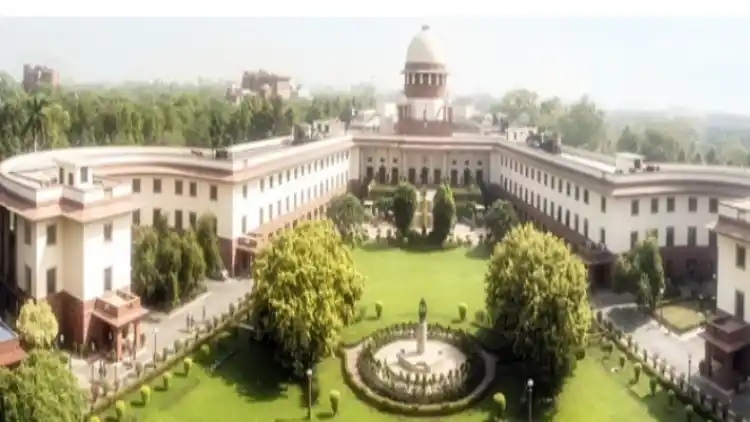
Ajay Mathur
The world’s largest democracy that ranks 142/180 in the World Press Freedom Index is embedded with colonial footprints over its length and breadth. Even after 75 years of independence, India is still struggling to combat the British-era Sedition law. It’s a topic for debate amongst lawmakers, policymakers, and opinion builders.
We need to go into the history of this law that has troubled a lot of our citizens. Many innocents have fallen prey to its draconic clauses and languished in prisons without charges being filed against them in court.
I bow my head before the observations of the Chief Justice of India N V Ramana for questioning the Attorney General on why the Sedition law that was used by the British against Mahatma Gandhi was required 75 years after independence.
Senior Supreme Court Advocate Sanjay Hegde, during a panel discussion said, “the sedition law has outlived its utility. Every government found this as a useful tool. Supreme Court has upheld this sedition law as constitutional as early as 1962 in the Kedar Nath Singh Judgment. Either the parliament should repeal this law or the SC should strike it down by constituting a 7-member bench.”
On the contrary, special public prosecutor Ujjwal Nikam said, “Sedition law should not be scrapped. Certain sections of sedition law can be amended.”
Sedition law was introduced in 1870 by the British with the objective to put an end to “any kind of hatred or contempt that incites violence and enmity against the legally elected government.”
Disaffection against the government and/or the State must be revisited and redefined. The very terms of reference have changed contextually as well as factually. In the 21st century, all modern nations including India face challenges to cope with the changing ideologies and societal perspectives and expressions. Globally, citizens are much more informed, networked and enabled by social media and the explosion of data. Patriarchal attitudes wherever they exist have to cede ground to a cooperative, co-optive and collaborative style of engagement. These realities must reset the engagement between the public and the administration.
Any citizen has a right to criticize or comment about the Government as long as there is no incitement of violence or threat of public disorder. This underlying fact has been supported by the views of Prakash Singh, former DG, BSF. He said, “Indian internal security is fragile and threatened by extremist and secessionist forces who want to weaken the county both internally and disintegrate the fundamental sovereignty of the nation right from northeastern states to northern parts of J&K.” He said stringent laws were required to deal with such cases as an attempt to destabilize the Indian polity needs to be curbed. We can amend certain sections of the sedition law but police must be given a free hand in dealing with such cases.
The interest of the minorities and the vulnerable sections must be kept in mind as freedom of expression as elucidated in article 19(1) of the Constitution says all citizens shall have the right to freedom of speech and the expression which comes with certain responsibilities which cannot be either neglected or isolated.
According to NCRB, the conviction rate in sedition cases has been abysmally low. During the period 2014 to 2019, ten of the 559 accused tried under this law have been convicted. For over a decade 10,938 persons face sedition charges in 816 cases. Of these, 65% have been charged after May 2014.
The brighter side of the story is that the Judiciary and the executive are playing in tandem to quash the sedition charges against the innocents.
A sanguine and balanced approach is required for harmony in society and for a secular and democratic republic. Hate speech and vendetta have no place in modern days governance. Any article, speech, or expression that creates hatred, blood bath, or enmity inciting violence that has triggered in several Indian universities needs to be doused assertively.
The law must not hinder free speech that helps create a positive discourse and inclusiveness in society in a democracy. The voice of dissent unless found to be malicious or mala fide, must not be restrained. I suggest amendment of the sedition law.
